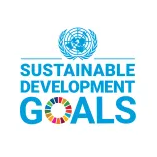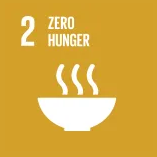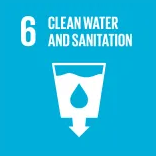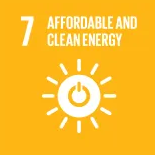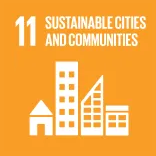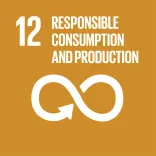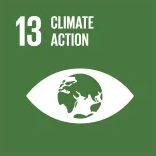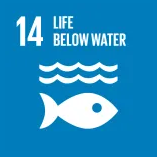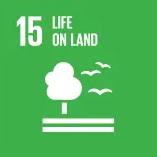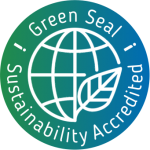 Meridional TCS is committed to the environment and has a fundamental role in the use of products from the soy and animal protein segments, among others. In addition, we encourage and promote the rational use of soil and smart energy sources, in accordance with the main challenges in the world, encompassing the entire supply chain, production, distribution and application of final products.
Meridional TCS is committed to the environment and has a fundamental role in the use of products from the soy and animal protein segments, among others. In addition, we encourage and promote the rational use of soil and smart energy sources, in accordance with the main challenges in the world, encompassing the entire supply chain, production, distribution and application of final products.
Sustainability for Meridional is not just looking at sustained and inclusive economic growth. We direct our work thinking about the planet and the next generations, even contributing to minimize the impacts of industrial action on the environment and on people through conscious actions and choices. We reinforce our commitment to believe and assume the role of a leading company in the global market based on the consolidation of Brazil on a leadership level in this process.
The main transformation we have made is making the world a better place to live.
 100% Renewable Energy
100% Renewable Energy
We use renewable energy sources with a low emission content in our boilers, and we envision the production of clean electric energy and the reuse of water in our industrial plant.
 Round Table on Responsible Soy (RTRS)
Round Table on Responsible Soy (RTRS)
We demand that our suppliers have this certification, as a stimulus to the initiative of sustainable soy production, preserving areas of protection and environmental preservation.
 Non-Amazonian Biome Raw Materials
Non-Amazonian Biome Raw Materials
We do not sell soy originated from the Amazon Biome and we support the government program that has this purpose, thus protecting our Amazon forest from degrading and unsustainable practices.
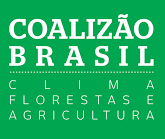 Brazil Coalition – Climate, Forests and Agriculture
Brazil Coalition – Climate, Forests and Agriculture
We support this movement that covers several sectors and whose base is to promote the low carbon economy, acting as a focus on respecting and acting in the face of climate change on our planet.
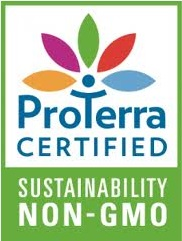 ProTerra Standard
ProTerra Standard
We prioritize negotiations and partnerships with companies adhering to the commitment to meet environmental and social requirements, as well as not working with genetically modified products, which generates important impacts in all stages of value, from cultivation to distribution logistics.]
We Support



